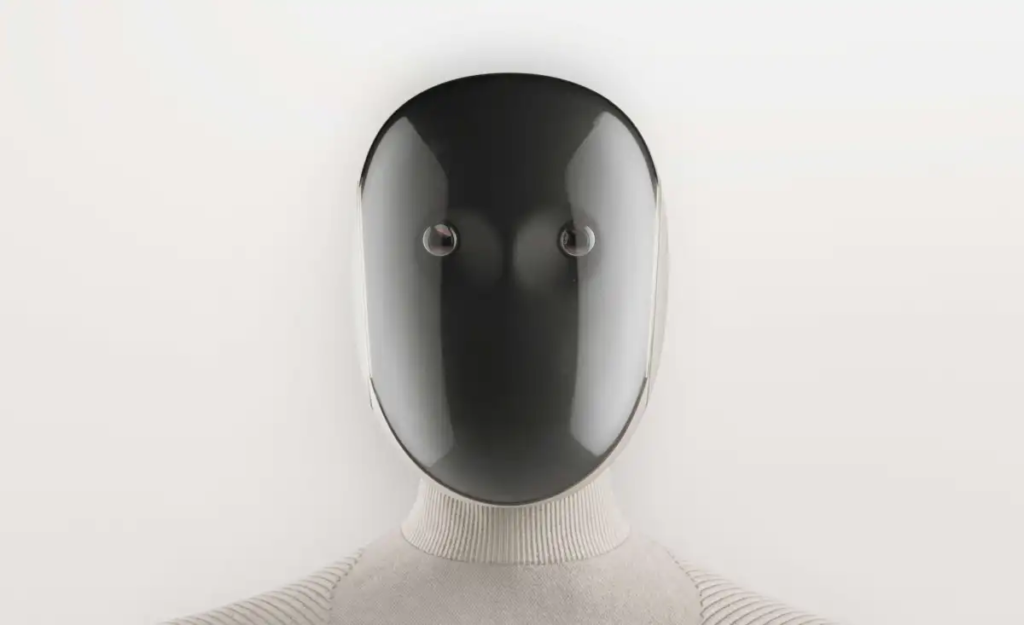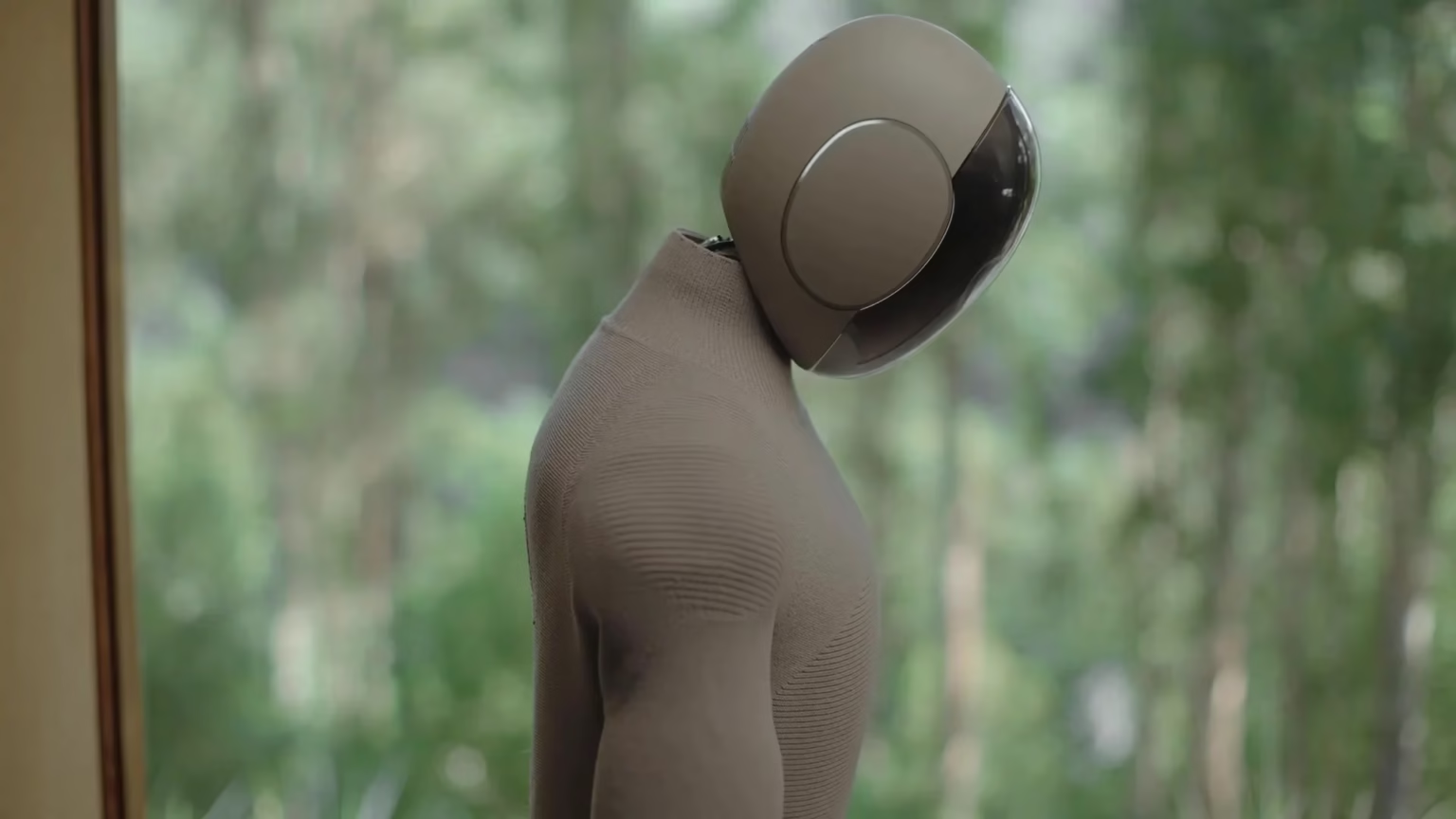Norwegian robotics company 1X is taking a big step toward bringing humanoid robots into everyday life. By the end of 2025, the startup plans to test its latest robot, Neo Gamma, in “a few hundred to a few thousand” homes. The planned experiment demonstrates robot task training for home responsibilities, emphasizing security requirements and privacy protection.
How Neo Gamma Will Learn From Humans
The bipedal robot system Neo Gamma serves as a domestic help tool that covers cleaning tasks, plant hydration service, and home furniture transportation. However, it is not yet fully autonomous. During initial home tests, human operators will remotely control the robot using real-time camera feeds and sensors. This teleoperation method lets 1X gather data on how Neo Gamma interacts with real-world environments.
CEO Bernt Børnich compares the process to training a new employee. “We need people to take Neo into their homes and help us teach it how to behave,” he said at Nvidia’s GTC 2025 conference. Early adopters will help create a dataset to train 1X’s AI models, improving the robot’s ability to work independently over time.

Privacy and Safety Challenges
Placing robots in homes raises questions about privacy. Neo Gamma uses microphones and cameras to navigate to and collect sensitive information. A 1X spokesperson assured that users can control when employees access the robot’s feeds, either for troubleshooting or remote control.
Safety is another priority. Neo Gamma wears a soft nylon suit to reduce injury risks if it bumps into people. During a demo at GTC, the robot successfully vacuumed and watered plants but faltered due to Wi-Fi issues and a low battery, collapsing into Børnich’s arms. Such glitches highlight the challenges of deploying robots outside labs.
Competition Heats Up in the Humanoid Robot Race
The manufacturer 1X belongs to a group that aims to sell robot products for domestic spaces. Like 1X Robots, Competitor Figure continues to develop home robots and plans to launch its products in the market by 2025 from its California headquarters. Figure obtained venture capital funding as it sought to raise money at a $40 billion valuation, confirming industry investors’ optimism about robotics development. Even OpenAI, which backs 1X, is reportedly exploring its humanoid robots.
Despite the buzz, Børnich admits Neo Gamma is far from mass production. The current focus is refining basic functions, like walking and balancing, through AI and user feedback.

What Early Adopters Can Expect
1X implemented a waiting process for its home testing program without sharing specific information about its operation. Human operators will provide the task guidance for the Neo Gamma through its teleoperated functions. Additional information will be provided shortly, but the company has not specified pricing and objectives.
The possibility of obtaining a fully automatic robot helper remains far out of reach. The experiment conducted by 1X moves humanoid robots closer to becoming regular household items. The machines utilize real homes to develop their capabilities, which can eventually support household responsibilities, assist older adults, and act as companions.





